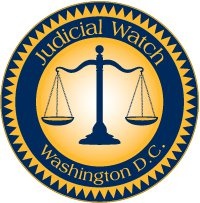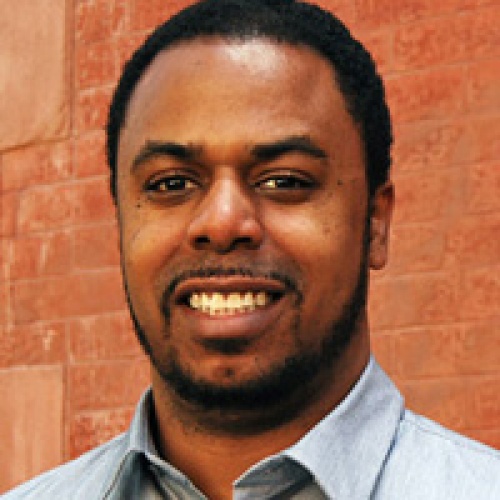Judicial Watch joins legal fray to defend restrictive NC voting law

A conservative group that has previously sued states to get them to purge their voting rolls has joined in the legal fight over North Carolina's restrictive new voting law, which includes a voter ID requirement and other provisions that have a disproportionate impact on African Americans and other Democratic-leaning voters.
Judicial Watch filed a motion to intervene to defend the law, which is being challenged by the U.S. Department of Justice and a number of civil rights organizations including the ACLU, Southern Coalition for Social Justice, NAACP and Advancement Project. This week, a federal judge set the trial for July 2015. The plaintiffs were hoping it would take place next year before next year's election.
Over the years, Judicial Watch has sued states including Florida, Indiana and Ohio to force them to aggressively purge voters from rolls over alleged residency discrepancies. The group was founded by Florida attorney Larry Klayman in 1994 and went on to file numerous lawsuits against the Clinton administration, leading to charges that it abused the judicial system for partisan purposes.
In addition to requiring photo ID for voters, North Carolina's law also cuts early voting and eliminates same-day registration. The Justice Department and civil rights organizations argue that the law will have discriminatory impacts since African Americans and women are most likely to lack required ID and rely most on early voting and same-day registration.
The legal battle pits star plaintiff Rosanell Eaton, a 92-year-old African-American woman who faces likely disenfranchisement under the law, against Judicial Watch client Christina K. Gallegos-Merrill, a white woman who lost her run for Buncombe County commissioner last year and blamed student voting and same-day registration.
Buncombe County is also the home of former county GOP precinct chair Don Yelton, who embarrassed his state on national television when he made disparaging remarks about black voters and student voters on The Daily Show. He also said that the state's voter ID law would "kick the Democrats in the butt."
Merrill, a Republican, lost by 18 votes after late votes from Warren Wilson College students came in. According to Merrill’s legal declaration:
I believe that I was harmed by, and possibly lost because of, the same-day registration during the early voting period combined with the lack of a photo ID requirement. I believe that, because of these laws, a transient student population, of motivated, partisan voters, was able to deceive poll workers about which dorm they supposedly lived in, in order to oppose my candidacy. Any individual simply claiming to be a Warren Wilson student was able to walk up to a poll official and identify his "residence" by pointing to a map, all without presenting any photo ID. … I believe that the results of upcoming elections could be manipulated and even eradicated again because of the same irregularities. I also believe that the legitimately cast votes of thousands of citizens could be negated again due to the same irregularities.
Merrill appealed the election outcome to the county and state boards of elections but lost. She eventually pulled her protest for financial reasons, according to her declaration.
In his motion for intervention, Judicial Watch President Tom Fitton points to Merrill's allegations, writing, "Any ruling from this Court reversing the repeal of same-day registration during early voting or enjoining the enforcement of North Carolina's photo ID law, would 'impair or impede' Merrill's interests, including her immediate electoral prospects for 2014."
Fitton -- who has claimed that President Obama was elected fraudulently with the help of a "food stamp army" -- also writes in his legal memo that electoral practices like same-day registration "will degrade the accuracy" of the voter rolls because, in his opinion, there are no security checks in place to make sure people are eligible.
But there are 12 states that would disagree with him -- 10 that currently allow same-day voter registration and two more, California and Maryland, that will by 2016. As explained by the nonpartisan National Conference of State Legislatures, there are plenty of ways to safeguard same-day registration against fraud. One such way, as explained by NCSL: "In states that use electronic pollbooks with real-time access to the statewide voter database, it is possible to verify that a prospective voter has not already registered and cast a ballot at another polling site or via mail prior to allowing him/her to register and vote."
In other words, stopping fraud and protecting election integrity is a matter of modernizing elections registration and administration equipment. It does not require making it more difficult to vote, as Judicial Watch would have it.
Perhaps it's no coincidence that states with same-day voter registration -- like Wisconsin, Minnesota and Maine, to name a few -- also happen to be the top states for voter participation, according to the Pew Center on the States.
